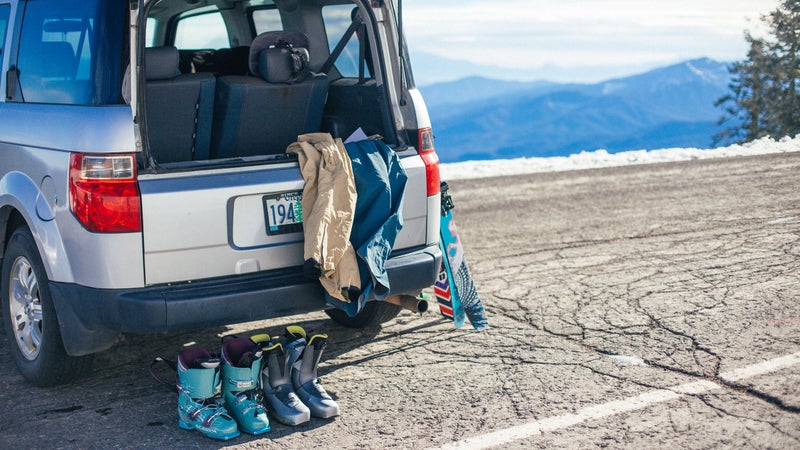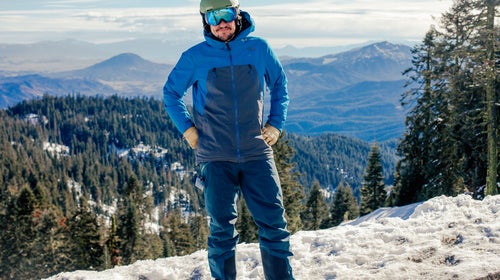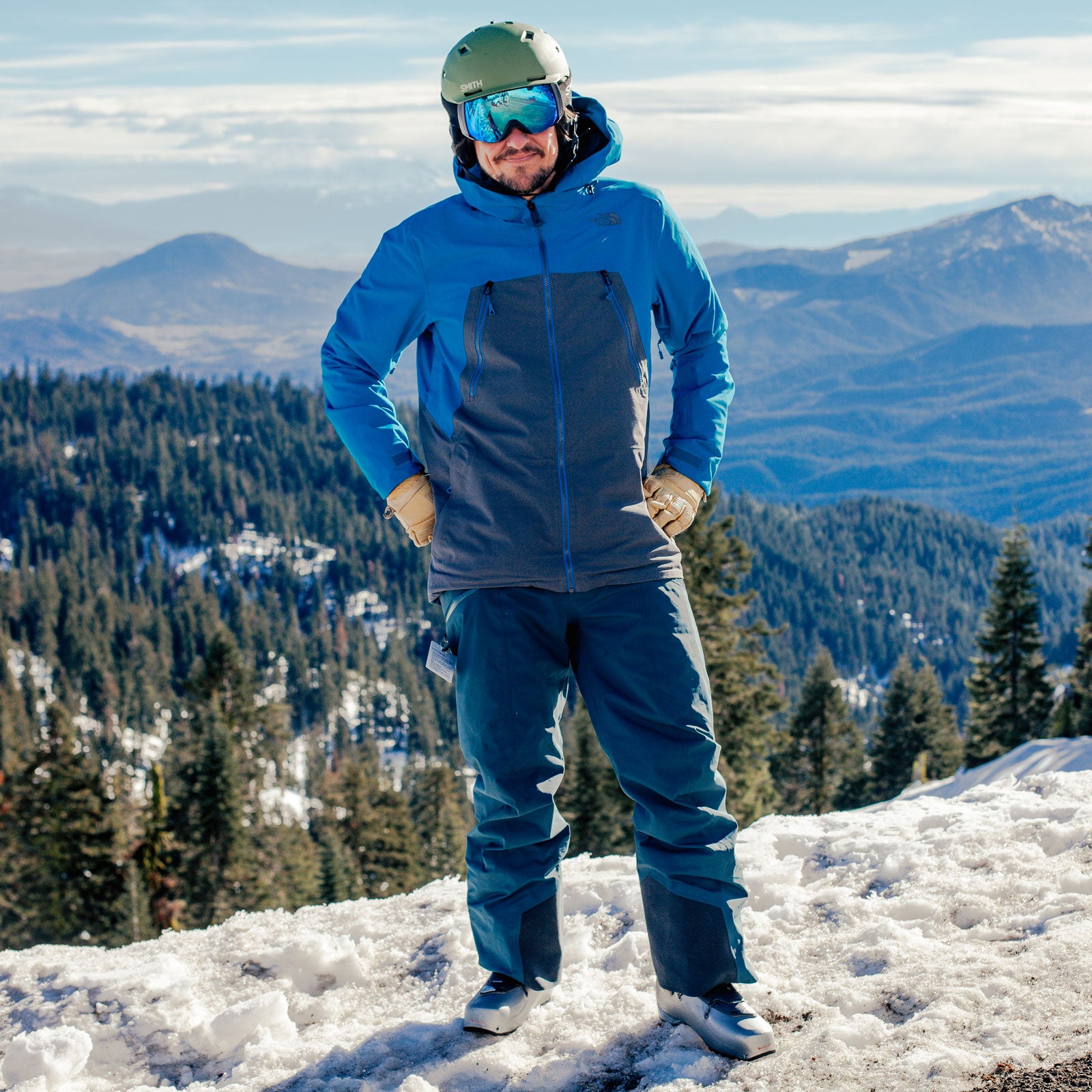When you’re putting together your winter sports kit, resist the urge to prioritize a jacket over a pair of pants. Don’t get me wrong, a jacket is important. But your legs do the majority of the work during a day of skiing or snowboarding, so ensuring the outer layer on your lower half fits well is key. Pants also need to keep you warm and insulated from cold chairlifts, prevent snow and slush from getting in, and be hardy enough to deflect sharp ski edges. Does all this mean you need to spend a week’s pay on top-shelf ski pants? Or will a lower-cost option suffice?
The Test
In past experiments, I’ve pitted the lowest-priced model in a category against the most expensive. Comparing the two ends of the spectrum provides lots of takeaways, but the higher-end model is almost always the far superior product. That said, most people want middle-tier gear that offers worthwhile features without a budget-breaking price tag. So for this test, I chose the $210 Burton Ballast and the $499 Arc’teryx Sabre.
I took each on a ski tour up Mount Ashland in blustery weather with temperatures in the high twenties and winds around 15 miles per hour. I also wore them for two full days at a resort in similar weather. Finally, my wife sprayed me down with a hose in our backyard for a full minute to test the waterproofing.
The Results

Fit
This is where the two pants showed the widest gap. The Ballast literally chapped my hide at the resort, and three “friends” offered unprompted comments on my visible crack. It does include belt loops, and something like the Arcade Blackwood belt ($26) would’ve alleviated issue, but the pants also fit me poorly through the legs. The freeride styling left a lot of space for movement but also meant that the Ballast was just too baggy. The Sabre, on the other hand, felt like it was tailored just for me. It has a built-in belt, but even when I unclipped it to level the playing field, the pants stayed put at the waist. And they were still plenty wide at the cuffs to accommodate my ski boots.
Winner: Sabre
Articulation
The Ballast is intended for snowboarding, while the Sabre was designed with multiple uses in mind. A lot of that comes down to nothing more than the companies’ targeted demographic. There are minor differences between ski and snowboard pants—bagginess, venting, and color choices, to name a few—but both are meant to get you down the mountain comfortably. The Sabre’s legs had just right the amount of articulation, with slightly curved knees and a gusseted crotch that didn’t impede my legs during downhill turns or long strides while skinning or boot packing. The baggy, straight-legged Ballast didn’t get in the way as I moved up the skin track and initiated turns, but the pants didn’t bend with my knees as readily as the Sabre.
Winner: Sabre
Breathability
I was extremely impressed with the Ballast’s Test-I-Cool (sigh) venting, which consists of a large, standard (read: not waterproof) zipper that run from the inside of one knee, up the inner thigh, and down to the other knee to let out undercarriage steam. While it dumped heat better than the water-resistant outseam zippers on the Sabre, it made for an exceptionally uncomfortable moment when a gust of wind sent spindrift into my nethers. Ultimately, the Sabre’s conventional vents did a fine job without risk of frozen man bits.
Winner: Sabre
Warmth
Both the Sabre and the Ballast are lightly insulated—with a brushed-fleece-like liner and a synthetic mesh, respectively—and I never felt uncomfortably cold in blustery winds on the south side of Mount Ashland or while sitting on steel lift chairs with nothing underneath but a lightweight base layer.
Winner: Tie
Waterproofing
It was a complete draw here. Although Burton uses two-layer Gore-Tex in the Ballast, and Arc’teryx three-layer Gore-Tex in the Sabre, no water penetrated the seams and zippers of either during the hose test or when I got blasted by wind-blown snow.
Winner: Tie
Style
I liked the freestyle cut of the Ballast with its baggy-but-not-too-baggy fit. But I received multiple compliments on how sharp the Sabre looked and only derision about the portion of my butt peeking out of the Ballast.
Winner: Sabre
Durability
My testing timeline didn’t allow me to assess how each model fairs over multiple seasons, but the Sabre has a burly Cordura patch on the cuffs, which have a tendency to get worn out by ski edges. To be fair, the Ballast held up fine. Still, the three-layer construction of the Sabre will probably make them stronger in the long run.
Winner: Sabre
The Upshot
Once again the pricier product won the test. But does that justify the price difference? That all depends. As I always say when advocating for any piece of gear, it’s never worth the money if it prices you out of the sport. You can get away with just about any pair of pants that will keep water off your bum if you’re primarily skiing a resort. That said, having a model with a tailored cut, fine-tuned details, and perfect venting is going to make the experience much more enjoyable. If you foresee mellow days with frequent lodge breaks, the Ballast is an excellent choice. But if you plan to really get after it this season, go with the Sabre.


